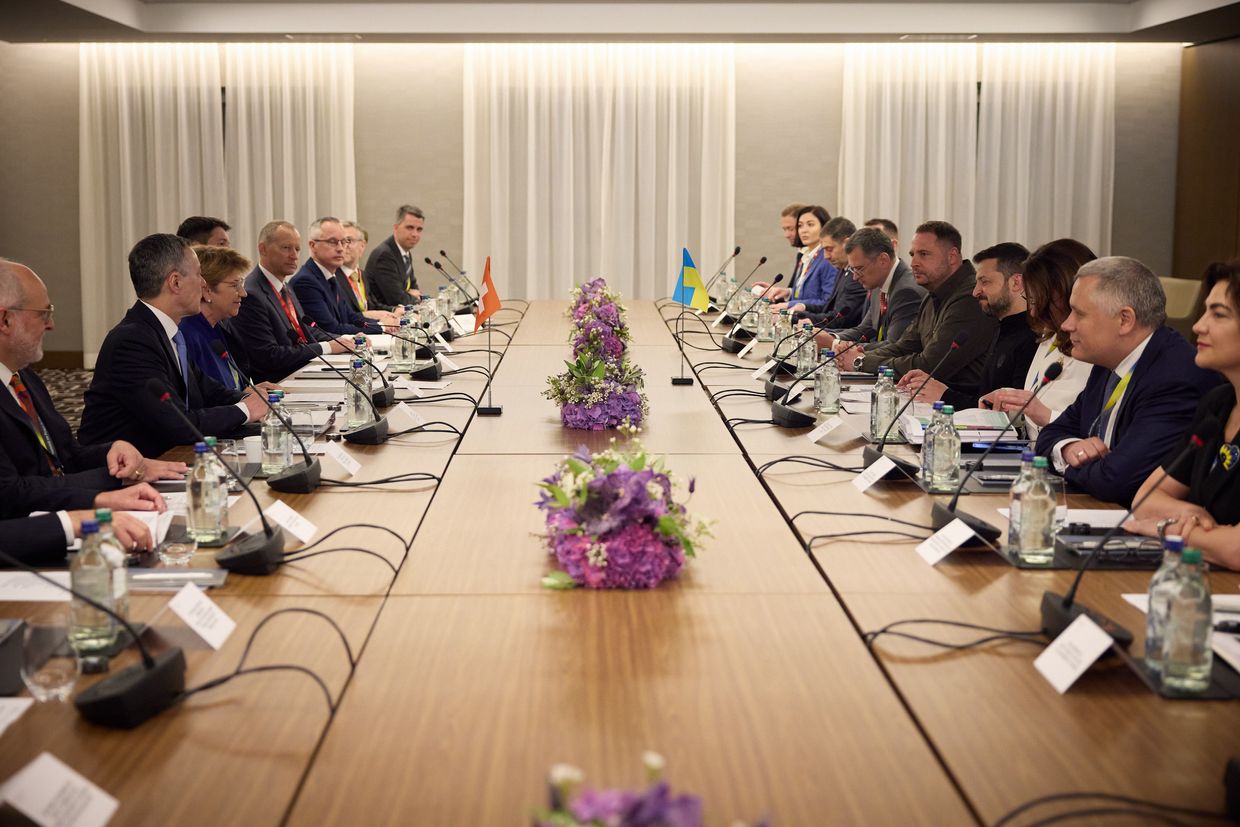Zelensky's office outlines next steps for diplomatic effort after peace summit

Ministers and advisors of various countries will hold further meetings on the three points of Ukraine's peace plan discussed at the peace summit in Burgenstock, Switzerland on June 15-16, the Ukrainian Presidential Office said.
Instead of focusing on all ten areas of Ukraine's 10-point peace plan, participating delegations at the summit discussed three that were seen as having broad appeal to countries around the world: nuclear safety, food security, and the complete return of prisoners of war and civilians held captive by Russia.
"The next steps are to hold thematic talks on each item at the level of ministers and advisors. We already have the appropriate readiness for their organization from a number of countries," Deputy Head of President Volodymyr Zelensky's office Ihor Zhovka wrote on Facebook.
According to Zhovka, France, the Czech Republic, Turkey, Kenya, Saudi Arabia, the U.S., Norway, Poland, Canada, Qatar, Chile, Finland, the Netherlands, Germany, and the U.K. have all signaled their readiness to participate in the talks.
After the thematic meetings, "we go out to the second summit that should lay the foundations of lasting and just peace," he wrote.
The summit brought together over 100 countries and organizations. This and subsequent summits are the focal points of Ukraine’s diplomatic push to turn up the pressure on Russia and its allies.
Russia and China both refused invitations to this summit.
Eighty countries including Ukraine, and four European institutions signed the final joint communique of the peace summit on June 16.
The countries notably absent from the list of signatories include India, Armenia, Saudi Arabia, Libya, Indonesia, Bahrain, Colombia, South Africa, Thailand, Mexico, and the United Arab Emirates.
Ukraine's peace plan is a series of 10 conditions that it says must be met for there to be secure and lasting peace. Key among them are the complete withdrawal of Russian troops from Ukrainian territory, nuclear security, food security, the return of all prisoners of war, justice for war crimes, and the protection of the environment and prevention of escalation.












